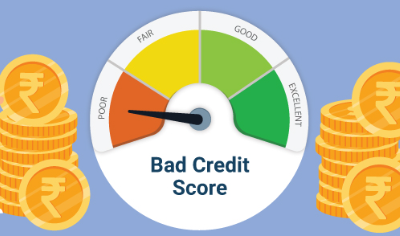Environmental, Social, and Governance (ESG) investing has emerged as a significant force shaping the landscape of financial markets. In this comprehensive guide, we delve into the impact of ESG investing on financial markets, exploring its growing influence, implications for investors, and role in promoting sustainable finance.
1. Understanding ESG Investing
Definition:
- Environmental Factors: Consideration of a company’s impact on the environment, including carbon emissions, resource management, and sustainability practices.
- Social Factors: Evaluation of a company’s treatment of employees, community engagement, diversity, and human rights practices.
- Governance Factors: Assessment of a company’s corporate governance structure, transparency, and ethical business practices.
2. The Growth of ESG Investing
Trends:
- Increasing Adoption: ESG investing has gained traction among investors globally, driven by growing awareness of sustainability issues and the desire for ethical investment opportunities.
- Mainstream Integration: ESG considerations are becoming increasingly integrated into investment strategies across asset classes, from equities to fixed income and alternative investments.
3. Impact on Financial Markets
Influence:
- Risk Management: ESG factors are increasingly recognized as material risks that can affect a company’s long-term financial performance.
- Value Creation: Companies with strong ESG practices may benefit from enhanced reputation, customer loyalty, and access to capital, leading to long-term value creation for investors.

4. ESG Metrics and Performance
Measurement:
- Performance Indicators: Various ESG metrics and frameworks are used to evaluate companies based on their environmental, social, and governance performance.
- Financial Performance: Studies suggest a positive correlation between strong ESG performance and financial outperformance over the long term.
5. Regulatory Landscape and Reporting Standards
Standards:
- Regulatory Requirements: Regulators are increasingly mandating ESG disclosure and reporting standards to enhance transparency and accountability.
- Voluntary Reporting: Many companies voluntarily disclose ESG information to meet investor demand for transparency and demonstrate commitment to sustainability.
6. Investor Preferences and Demand
Preferences:
- Millennial and Gen Z Influence: Younger investors are driving demand for ESG investments, seeking to align their values with their investment portfolios.
- Institutional Investors: Institutional investors are incorporating ESG considerations into their investment processes to manage risks and meet stakeholder expectations.
7. Challenges and Criticisms of ESG Investing
Considerations:
- Data Quality and Consistency: Challenges exist in standardizing ESG data and ensuring its accuracy and reliability.
- Greenwashing: Some critics argue that companies may engage in greenwashing, portraying themselves as more sustainable than they are in reality.
8. The Role of ESG in Corporate Strategy
Integration:
- Strategic Imperative: ESG considerations are increasingly integrated into corporate strategy as companies recognize the importance of sustainability in long-term value creation.
- Stakeholder Engagement: Companies engage with stakeholders, including investors, employees, and communities, to address ESG issues and enhance corporate responsibility.
9. The Future of ESG Investing
Outlook:
- Continued Growth: ESG investing is expected to continue growing in importance as investors prioritize sustainability and ethical considerations.
- Evolution of Standards: ESG standards and reporting frameworks will evolve to address challenges and meet investor demand for transparency and accountability.
Conclusion
ESG investing is reshaping financial markets, with growing recognition of the importance of environmental, social, and governance factors in investment decision-making. By considering ESG criteria, investors can manage risks, drive long-term value creation, and promote sustainable finance. As ESG investing continues to evolve, stakeholders across the financial ecosystem will play a critical role in advancing sustainability and responsible investing practices.





